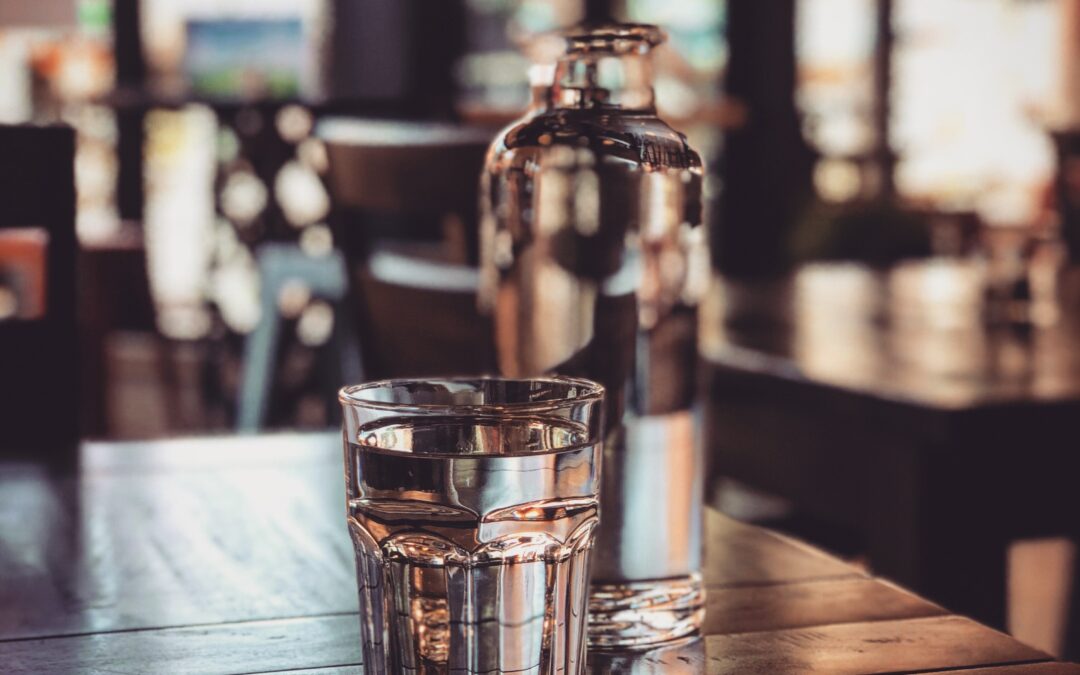The Basics about Hydration Heading into Summer
Summer’s coming. It’s time to hydrate! As the weather warms up, you need to drink more water. If it were only that simple! There are a lot of things to know about how to hydrate safely. Let’s start with two basic points about hydration:
- Although it’s not likely to happen, it is possible to drink too much, which can be dangerous. Too much fluid intake, known as water intoxication, can cause your blood sodium levels to become too diluted. When that occurs, it can lead to your body’s cells to swell.
- Dehydration is when your body doesn’t have enough water and other fluids to carry out its normal functions. It is especially dangerous for children and older adults. Mild to moderate dehydration can be reversed by drinking more. Severe dehydration needs immediate medical attention.
Signs of Dehydration:
- Mild to moderate symptoms: Symptoms can include a dry mouth, tiredness, thirst, decreased urine output, dry skin, headache, constipation, and dizziness.
- Severe dehydration symptoms: Symptoms will include little to no urination, extreme thirst, sunken eyes, shriveled/dry skin, low blood pressure, rapid heartbeat, rapid breathing, fever, and delirium.
How to avoid dehydration:
- Include electrolytes when engaging in strenuous exercise, especially outdoors in summer or endurance events. Electrolytes can be found in coconut water, bananas, spinach, tomato juice, and sports drinks like Gatorade. Replenish fluids regularly throughout the exercise. For endurance events, it’s best to begin ensuring proper hydration a day earlier.
- Monitor the color of your urine is an indicator of dehydration. If your hydration is well balanced, it should be a very pale yellow to clear color. Anything darker means you need to hydrate.
- Vomiting or diarrhea can lead to dehydration, especially in the elderly and children. At the first signs of illness, begin hydrating and call your physician if necessary.
- Other illness: Older adults can become easily dehydrated during illnesses such as influenza, bronchitis, or bladder infections. Make sure to drink extra fluids when you’re not feeling well.
How much hydration is enough:
It is generally recommended that you drink at least eight 8-ounce glasses, which equals about 2 liters, or half a gallon a day. It’s known as the 8×8 rule. If you’re participating in outdoor exercise or work during the summer or in endurance events, you’ll want to increase that amount. Keep in mind that the kidneys can only excrete so much fluid per hour.
Your kidneys can remove about 20–28 liters of water per day, but they cannot excrete more than 0.8 to 1.0 liters per hour. Drinking more than that can be harmful.

